October 13 stands as one of history’s most eventful days, witnessing the rise and fall of empires, groundbreaking discoveries, and moments that shaped our modern world across centuries of human achievement.
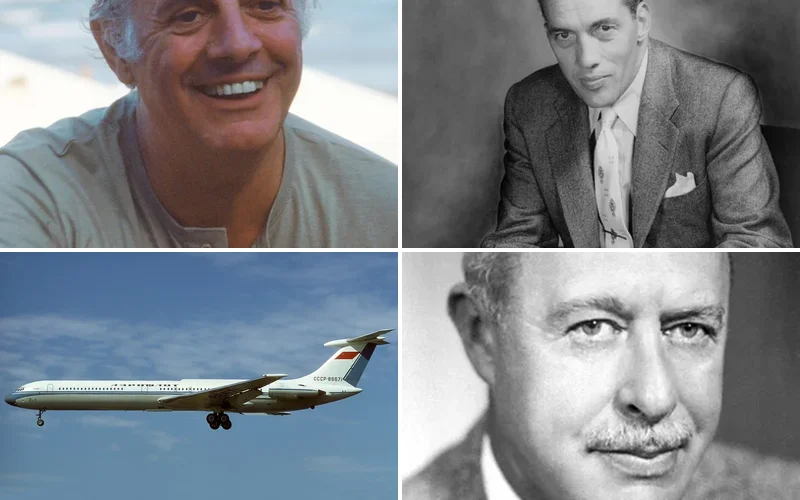
Politics and Government Events on October 13
1921 – Soviet Republics Sign Treaty of Kars
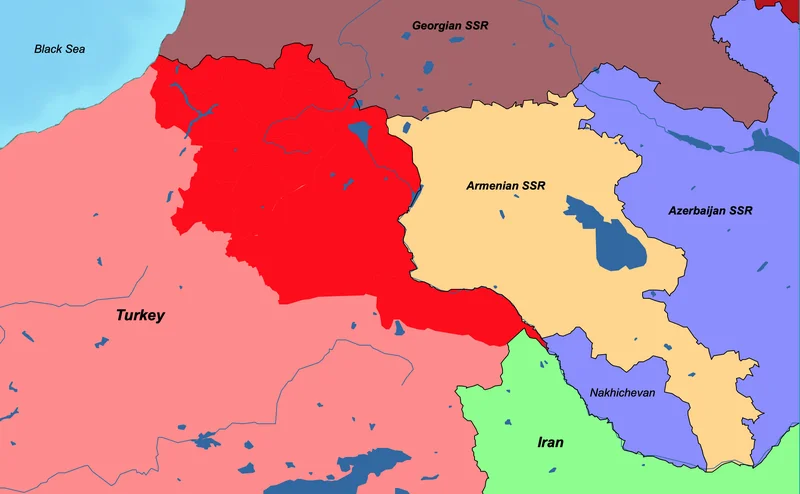
The Soviet Union formalized its southwestern borders through the Treaty of Kars with Turkey. This agreement established lasting territorial boundaries between Turkey and the South Caucasus states.
The treaty resolved territorial disputes that had persisted since the collapse of the Ottoman Empire. It created a framework for diplomatic relations that would endure throughout the Soviet era.
1923 – Ankara Becomes Capital of Turkey
The newly formed Republic of Turkey officially established Ankara as its capital city. This decisive move marked the complete break from the Ottoman Empire’s Istanbul-centered administration.
Mustafa Kemal Atatürk chose Ankara to symbolize Turkey’s modernization and independence. The capital’s relocation represented the nation’s transformation from imperial past to republican future.
1946 – France Adopts Fourth Republic Constitution
The French people ratified a new constitution establishing the Fourth Republic after World War II. This document restored democratic governance following the liberation from Nazi occupation.
The constitution created a parliamentary system with expanded social rights and republican institutions. It represented France’s commitment to rebuilding democratic traditions after years of authoritarian rule.
2016 – Maldives Withdraws from Commonwealth
The Maldives announced its decision to leave the Commonwealth of Nations amid international criticism. The government cited unfair treatment and interference in domestic affairs as primary reasons.
This withdrawal marked a significant shift in the island nation’s foreign policy alignment. The move reflected growing tensions between the Maldivian government and international democratic institutions.
Military and Naval History on October 13
1915 – Battle of Hohenzollern Redoubt Ends
The final phase of the Battle of Loos concluded with the Battle of the Hohenzollern Redoubt. British forces attempted to capture this strategic German position on the Western Front.
The engagement resulted in heavy casualties for minimal territorial gains. This battle exemplified the brutal stalemate warfare that characterized the Western Front during 1915.
1943 – Italy Declares War on Germany
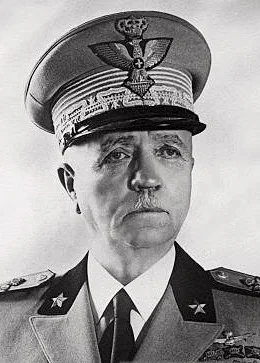
Marshal Pietro Badoglio announced Italy’s official declaration of war against Nazi Germany. This dramatic reversal transformed Italy from Axis partner to Allied co-belligerent.
The declaration followed Italy’s surrender to the Allies and Mussolini’s removal from power. Italian forces now fought alongside their former enemies against German occupation troops.
1944 – Soviet Forces Capture Riga
The Red Army successfully captured the Latvian capital of Riga during their offensive operations. This victory marked a crucial step in the Soviet liberation of the Baltic states.
The capture of Riga trapped German Army Group North in the Courland Pocket. This strategic success accelerated the collapse of German defenses along the Baltic coast.
1977 – Lufthansa Flight 181 Hijacked

Palestinian terrorists hijacked Lufthansa Flight 181 as part of coordinated attacks. The Popular Front for the Liberation of Palestine executed this operation to pressure German authorities.
The hijacking became part of the “German Autumn” crisis that tested West German resolve. This incident demonstrated the international reach of Middle Eastern terrorist organizations.
Science and Discovery Milestones on October 13
1976 – First Ebola Virus Electron Micrograph
Dr. F. A. Murphy captured the first electron micrograph of the Ebola virus at the CDC. This breakthrough provided crucial visual evidence of the deadly pathogen’s structure.
The microscopic images revealed the virus’s distinctive filamentous shape and internal components. This scientific milestone advanced understanding of one of the world’s most dangerous infectious diseases.
1983 – First US Cellular Network Launches

Ameritech Mobile Communications activated the first commercial cellular network in Chicago. This technological breakthrough revolutionized personal communication across America.
The network’s launch marked the beginning of the mobile phone era in the United States. Within decades, cellular technology would transform how people communicate, work, and access information.
1962 – Pacific Northwest Hurricane-Force Cyclone
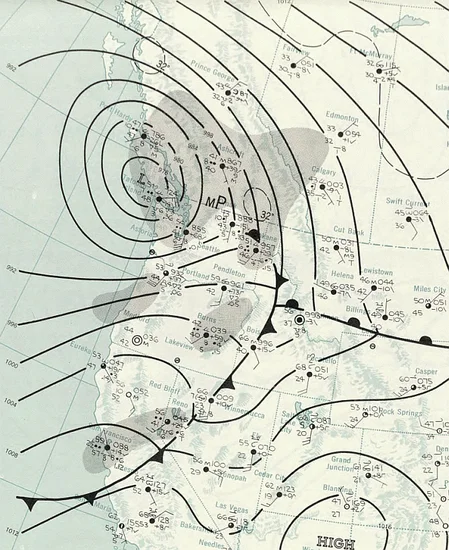
A massive cyclone struck the Pacific Northwest with winds exceeding 150 mph. The storm achieved the intensity of a Category 3 hurricane, unprecedented for the region.
Forty-six people died in this extraordinary weather event that devastated communities across Washington and Oregon. The cyclone demonstrated nature’s power to bring tropical-intensity storms to temperate latitudes.
Cultural and Arts Events on October 13
1903 – Boston Red Sox Win First Modern World Series
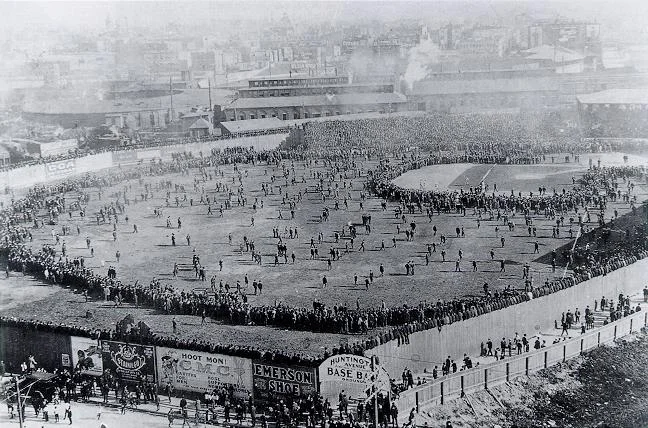
The Boston Red Sox defeated the Pittsburgh Pirates in the eighth and final game of the inaugural World Series. This victory established the Red Sox as baseball’s first modern world champions.
The series created a new tradition that would become America’s premier sporting event. This championship launched the Red Sox dynasty that would dominate early 20th-century baseball.
1908 – First Woman Speaks in UK Parliament
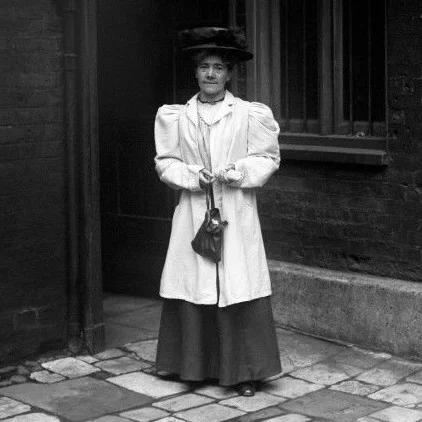
Margaret Travers Symons burst into the British Parliament building and became the first woman to speak there. Her bold action challenged the male-dominated institution’s exclusion of women.
This dramatic protest advanced the women’s suffrage movement through direct action. Symons’ courage inspired other women to demand political representation and voting rights.
1911 – Royal Governor General Appointed in Canada
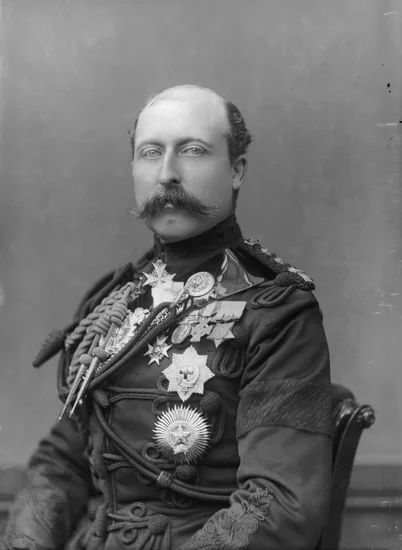
Prince Arthur, Duke of Connaught, became the first Governor General of Canada of royal descent. This appointment strengthened the symbolic connection between Canada and the British Crown.
The Duke’s appointment reflected Canada’s growing importance within the British Empire. His royal status elevated the Governor General’s office to unprecedented prestige and ceremonial significance.
Religious and Social Events on October 13
1917 – Miracle of the Sun at Fátima
An estimated 70,000 people witnessed the “Miracle of the Sun” at Cova da Iria in Portugal. Witnesses reported seeing the sun dance, change colors, and plunge toward earth.
This supernatural event concluded the series of Marian apparitions at Fátima. The miracle converted thousands of skeptics and established Fátima as a major Catholic pilgrimage destination.
2013 – Navratri Festival Stampede in India
A devastating stampede during the Hindu festival of Navratri killed 115 people and injured over 110. The tragedy occurred when rumors of a bridge collapse sparked panic among worshippers.
The stampede highlighted the dangers of overcrowding at religious festivals in India. This disaster prompted authorities to implement stricter safety measures for large religious gatherings.
1990 – Syrian Attack on Lebanese Free Areas

Syrian forces launched a major assault on free areas of Lebanon, removing General Michel Aoun from power. This military action ended the period of divided Lebanese government.
The attack consolidated Syrian influence over Lebanese politics and ended Christian resistance to Syrian hegemony. This intervention shaped Lebanon’s political landscape for decades to come.
Business and Economic Events on October 13
1945 – Milton Hershey’s Business Legacy
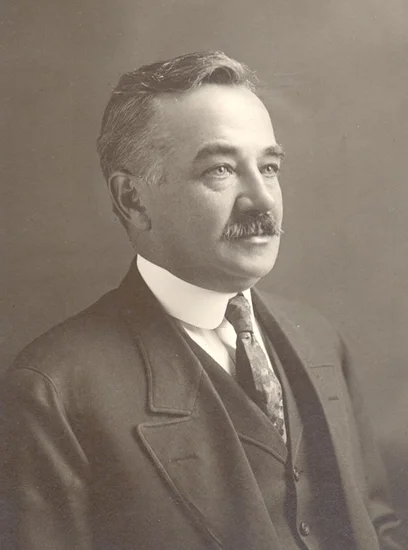
Milton S. Hershey, founder of The Hershey Company, passed away after building America’s chocolate empire. His death marked the end of an era in American confectionery manufacturing.
Hershey transformed chocolate from a luxury item into an affordable treat for ordinary Americans. His innovative mass production techniques created the foundation for modern candy manufacturing.
1972 – Aviation Disasters Impact Industry
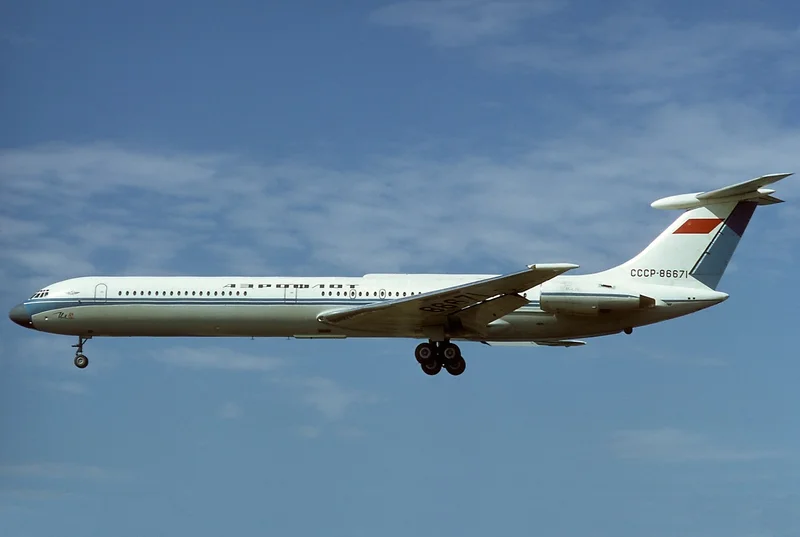
Aeroflot Flight 217 crashed outside Moscow, killing all 174 people aboard. This disaster highlighted ongoing safety concerns within the Soviet aviation industry.
The crash prompted investigations into Soviet aircraft maintenance and pilot training standards. Such incidents influenced international aviation safety protocols and regulatory oversight.
1962 – Jerry Jones Business Leadership
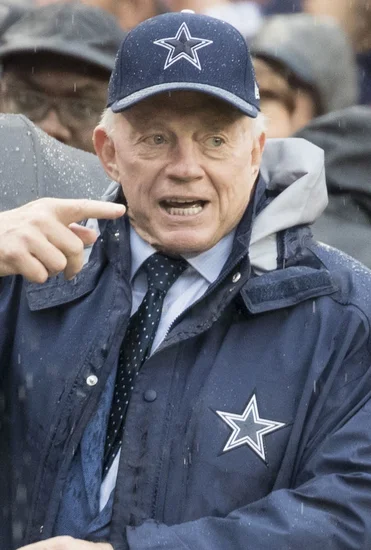
Jerry Jones, future owner of the Dallas Cowboys, was born on this date. His business acumen would revolutionize professional sports marketing and franchise management.
Jones would transform the Cowboys into one of the world’s most valuable sports franchises. His innovative approach to stadium design and corporate partnerships changed the NFL landscape.
Transportation and Infrastructure on October 13
1972 – Uruguayan Air Force Flight 571 Crashes

Uruguayan Air Force Flight 571 crashed in the Andes mountains with 45 people aboard. Twenty-eight survived the initial crash but faced extreme conditions in the remote mountains.
Only 16 survivors endured until rescue 72 days later, resorting to cannibalism for survival. This harrowing ordeal became one of aviation history’s most famous survival stories.
1976 – Bolivian Aviation Disaster
A Lloyd Aéreo Boliviano Boeing 707 crashed after takeoff from Santa Cruz, killing 91 people. This disaster highlighted the challenges of aviation safety in developing nations.
The crash prompted investigations into aircraft maintenance standards and pilot training in Bolivia. Such incidents influenced international efforts to improve aviation safety protocols worldwide.
1993 – Papua New Guinea Earthquake Disasters

A series of powerful earthquakes struck Papua New Guinea’s Finisterre Range, triggering massive landslides. At least 60 people died in this natural disaster.
The earthquakes demonstrated the seismic vulnerability of Papua New Guinea’s mountainous regions. This disaster highlighted the need for improved earthquake preparedness in the Pacific Ring of Fire.
Sports and Recreation on October 13
2019 – Brigid Kosgei Sets Marathon World Record
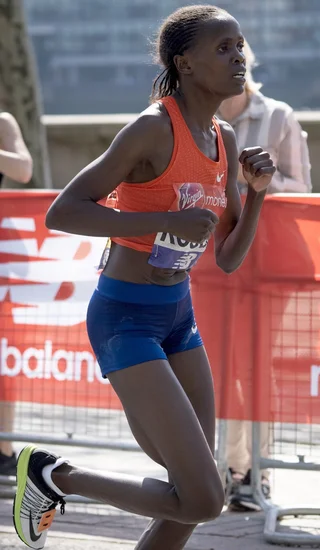
Kenyan runner Brigid Kosgei shattered the women’s marathon world record at the Chicago Marathon. Her time of 2:14:04 broke a record that had stood for 16 years.
Kosgei’s performance demonstrated the continuing evolution of distance running excellence. Her achievement inspired a new generation of female marathon runners worldwide.
2010 – Chilean Miners Rescued
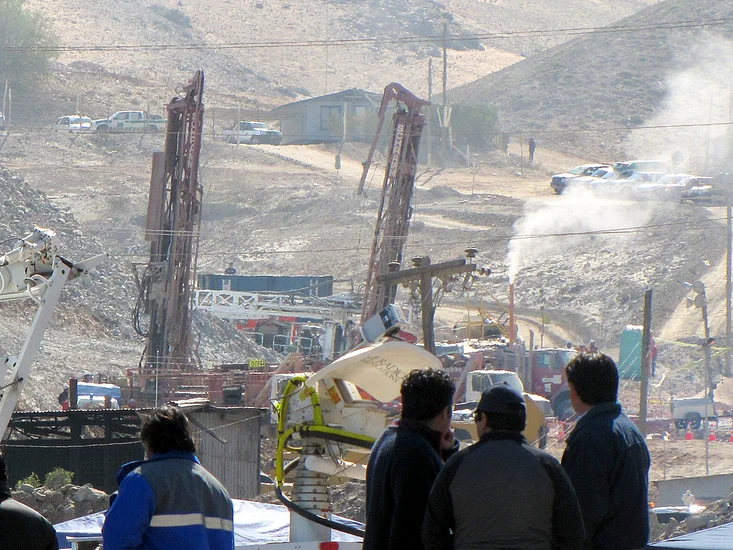
All 33 trapped miners emerged from the collapsed Copiapó mine after a record 69 days underground. This dramatic rescue captivated global audiences and showcased human resilience.
The successful rescue operation required unprecedented international cooperation and technological innovation. This achievement demonstrated humanity’s ability to overcome seemingly impossible challenges.
1903 – World Series Establishes Baseball Tradition
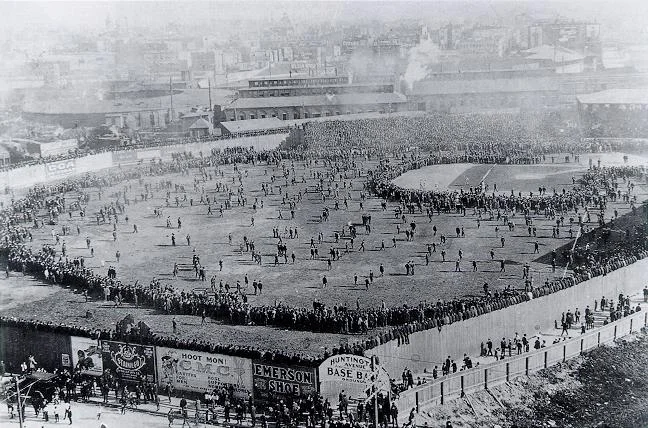
The Boston Red Sox completed their World Series victory over Pittsburgh, establishing baseball’s premier championship. This eight-game series created a tradition that continues today.
The World Series transformed baseball from a regional sport into a national pastime. This championship format elevated professional baseball to unprecedented popularity and cultural significance.
Notable Births on October 13
1925 – Margaret Thatcher, British Prime Minister
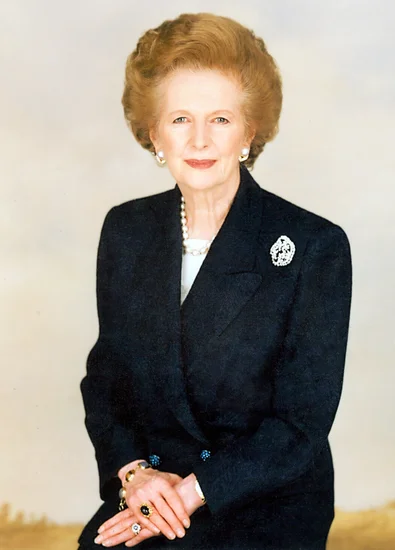
Margaret Thatcher was born in Grantham, England, destined to become Britain’s first female Prime Minister. Her early life as a grocer’s daughter shaped her conservative political philosophy.
Thatcher would transform British politics through her strong leadership and free-market policies. Her eleven-year tenure as Prime Minister earned her the nickname “Iron Lady” for her unwavering determination.
1941 – Paul Simon, American Singer-Songwriter

Paul Simon entered the world in Newark, New Jersey, beginning a journey toward musical greatness. His childhood love of music and poetry influenced his distinctive songwriting style.
Simon would become one of America’s most celebrated folk-rock artists, both solo and with Art Garfunkel. His sophisticated lyrics and melodies earned him multiple Grammy Awards and Rock and Roll Hall of Fame induction.
1962 – Jerry Rice, American Football Player
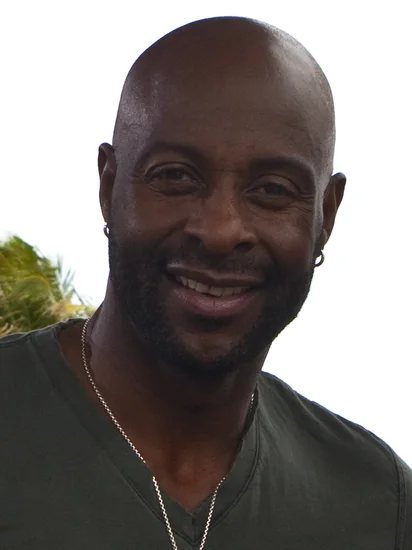
Jerry Rice was born in Starkville, Mississippi, destined to become the greatest wide receiver in NFL history. His athletic ability and work ethic distinguished him from early childhood.
Rice would revolutionize the wide receiver position through his precise route-running and reliable hands. His record-breaking career included three Super Bowl victories and numerous NFL receiving records.
1925 – Lenny Bruce, American Comedian

Lenny Bruce was born in Mineola, New York, beginning a controversial career in stand-up comedy. His sharp wit and social commentary challenged conventional entertainment boundaries.
Bruce would become a pioneering figure in alternative comedy, addressing taboo subjects with satirical humor. His legal battles over obscenity charges made him a symbol of free speech rights.
1969 – Nancy Kerrigan, American Figure Skater

Nancy Kerrigan was born in Stoneham, Massachusetts, beginning her journey to Olympic glory. Her natural grace and athletic ability made her a standout figure skater.
Kerrigan would become one of America’s most celebrated figure skaters, winning Olympic medals and world championships. Her rivalry with Tonya Harding created one of sports’ most dramatic storylines.
1971 – Sacha Baron Cohen, British Comedian

Sacha Baron Cohen was born in London, England, destined to become a provocative satirical comedian. His creativity and fearless approach to comedy set him apart from peers.
Baron Cohen would create memorable characters like Borat and Ali G, using satire to expose social prejudices. His fearless commitment to character-based comedy earned him international recognition.
1989 – Alexandria Ocasio-Cortez, American Politician

Alexandria Ocasio-Cortez was born in the Bronx, New York, beginning her journey to political prominence. Her working-class background shaped her progressive political views.
Ocasio-Cortez would become the youngest woman ever elected to Congress, advocating for social justice and economic reform. Her dynamic communication style made her a leading voice for progressive politics.
1940 – Pharoah Sanders, American Jazz Saxophonist
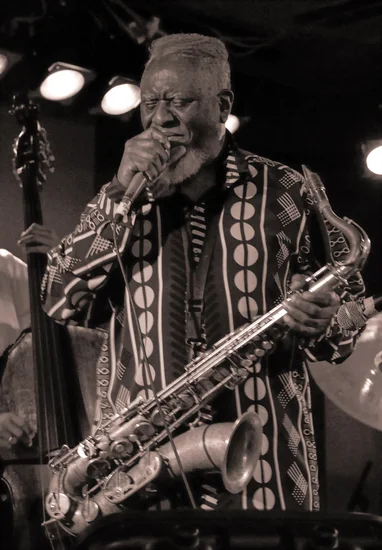
Pharoah Sanders was born in Little Rock, Arkansas, destined to become a jazz legend. His musical talent and spiritual approach to jazz distinguished him from early age.
Sanders would become one of the most influential avant-garde jazz musicians, known for his powerful tenor saxophone playing. His collaborations with John Coltrane helped define spiritual jazz movement.
Notable Deaths on October 13
1974 – Ed Sullivan, American Television Host

Ed Sullivan, the legendary television variety show host, passed away at age 73. His Sunday night program introduced countless entertainers to American audiences for over two decades.
Sullivan’s show became a cultural institution, launching careers and bringing diverse acts to mainstream television. His awkward stage presence paradoxically made him one of television’s most beloved figures.
1987 – Kishore Kumar, Indian Singer and Actor
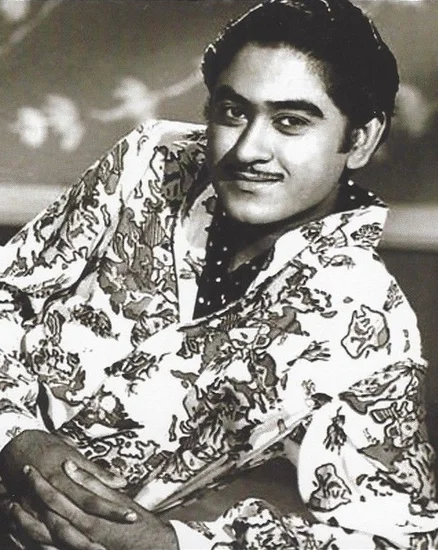
Kishore Kumar, one of India’s most versatile entertainers, died at age 58. His distinctive voice and comedic timing made him a beloved figure in Bollywood cinema.
Kumar’s playback singing career spanned decades, contributing to hundreds of Hindi films. His ability to convey emotion through song made him one of India’s most celebrated vocal artists.
2016 – Bhumibol Adulyadej, King of Thailand
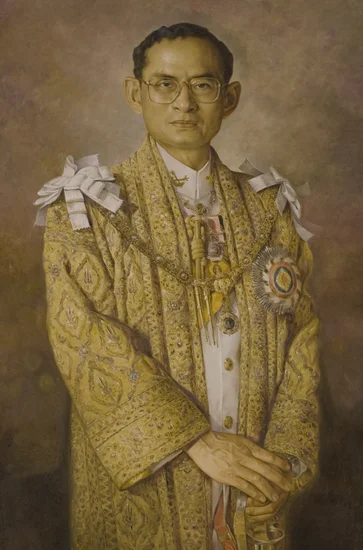
King Bhumibol Adulyadej of Thailand passed away after reigning for 70 years. His death marked the end of the longest-reigning monarch in Thai history.
The beloved king’s death prompted unprecedented mourning throughout Thailand and the region. His passing created significant uncertainty about Thailand’s political and social future.
2016 – Dario Fo, Italian Playwright and Nobel Laureate
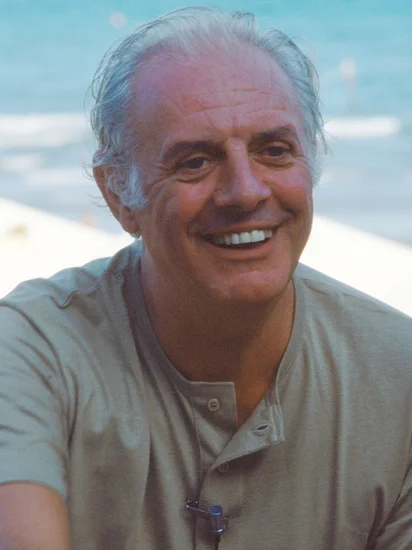
Dario Fo, the Nobel Prize-winning playwright and political satirist, died at age 90. His theatrical works challenged authority through humor and social commentary.
Fo’s plays combined traditional Italian theater with contemporary political satire. His fearless criticism of power structures earned him international recognition and literary awards.
2023 – Louise Glück, American Poet

Louise Glück, the Nobel Prize-winning poet, passed away at age 80. Her intimate, contemplative verse explored themes of family, nature, and human relationships.
Glück’s poetry demonstrated remarkable emotional depth and technical precision. Her literary achievements included the Pulitzer Prize and appointment as United States Poet Laureate.
1945 – Milton S. Hershey, American Businessman
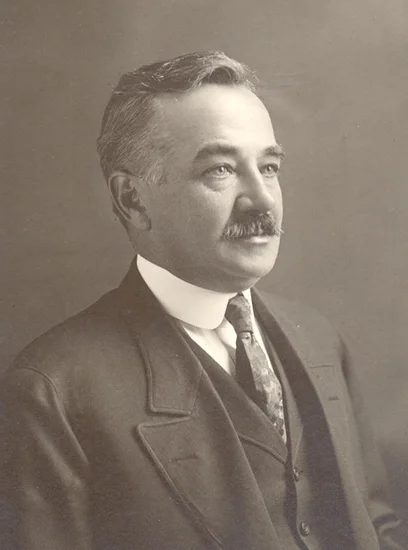
Milton S. Hershey, founder of The Hershey Company, died at age 88. His chocolate manufacturing empire transformed American confectionery industry and created a model company town.
Hershey’s philanthropic efforts included establishing schools and providing community services. His business success enabled extensive charitable giving that continued long after his death.
1987 – Walter Houser Brattain, American Physicist
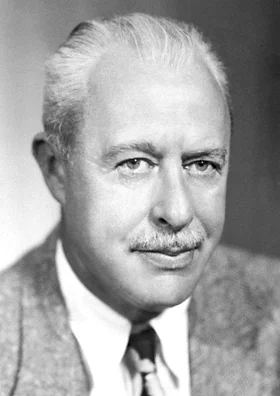
Walter Houser Brattain, Nobel Prize-winning physicist and transistor co-inventor, passed away at age 85. His groundbreaking work in solid-state physics revolutionized electronics technology.
Brattain’s transistor invention launched the modern electronics age and enabled computer development. His scientific contributions laid the foundation for the digital revolution.
1990 – Lê Đức Thọ, Vietnamese Politician
Lê Đức Thọ, the Vietnamese revolutionary leader and Nobel Peace Prize recipient, died at age 79. His diplomatic efforts helped negotiate the Paris Peace Accords ending the Vietnam War.
Thọ uniquely declined the Nobel Peace Prize, citing continued conflict in Vietnam. His principled stance reflected his lifelong commitment to Vietnamese independence and reunification.
Holidays and Observances on October 13
International Day for Disaster Risk Reduction
The United Nations designated October 13 as International Day for Disaster Risk Reduction. This observance promotes awareness of natural disaster prevention and preparedness strategies worldwide.
Communities use this day to educate citizens about emergency planning and risk mitigation. The observance emphasizes the importance of building resilient infrastructure and emergency response systems.
Rwagasore Day in Burundi
Burundi commemorates Prince Louis Rwagasore Day, honoring their assassinated independence leader. This national holiday celebrates the prince’s contributions to Burundian independence and democracy.
The observance remembers Rwagasore’s vision of a unified, independent Burundi. His tragic assassination in 1961 made him a martyr for Burundian nationalism and self-determination.
Paramedics’ Day in Poland
Poland celebrates Paramedics’ Day to honor emergency medical services personnel. This professional recognition day acknowledges the crucial role of paramedics in healthcare delivery.
The observance highlights the demanding nature of emergency medical work and the dedication of paramedics. Communities use this day to express gratitude for life-saving emergency medical services.
